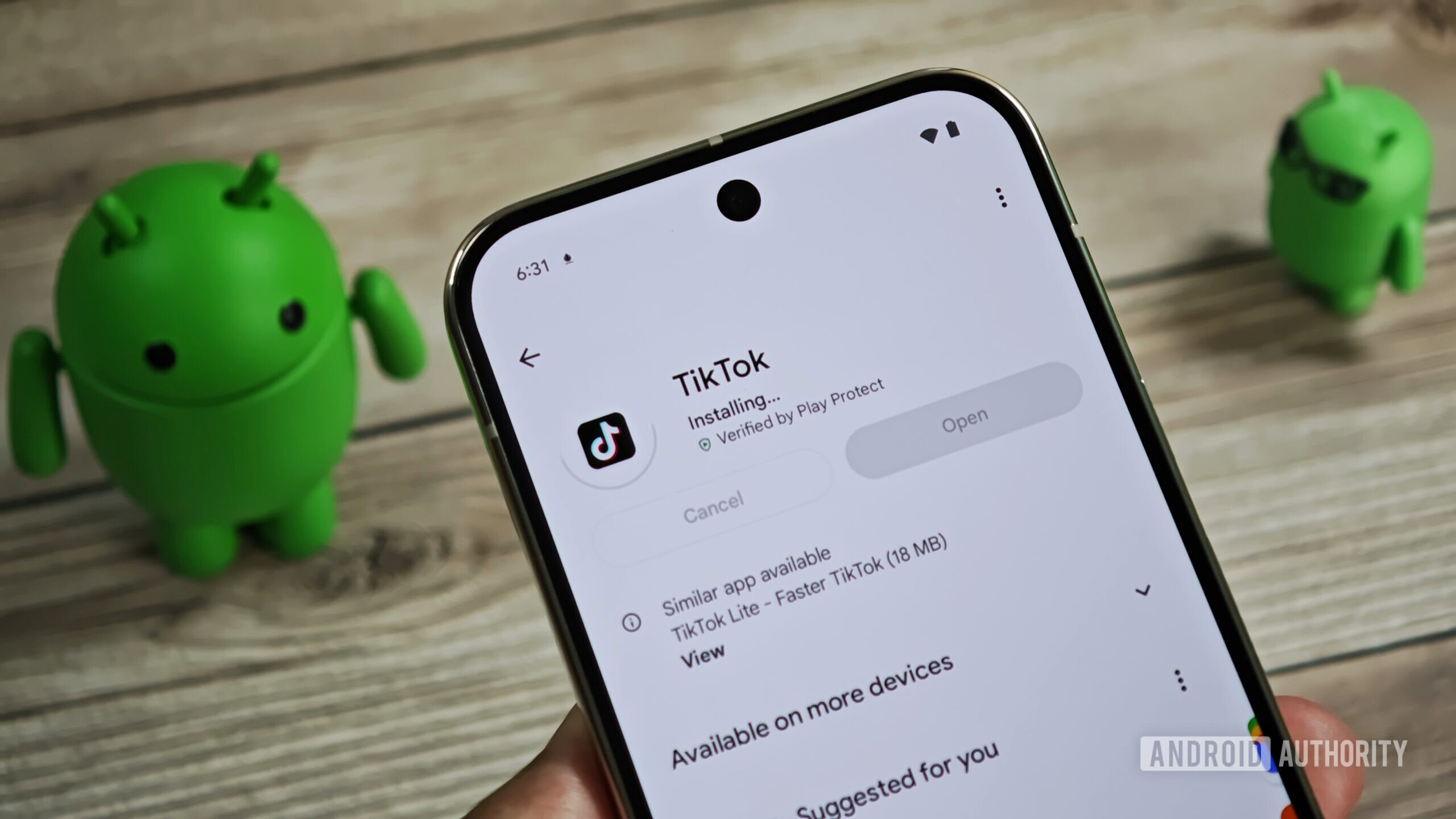16 Billion Apple, Facebook, Google And Other Passwords Leaked — Act Now
-
This post did not contain any content.
I need more information. How is the malware being distributed to these devices? How can we check if our credentials are in this dump? Shouldn't the respective platforms be doing due diligence to notify those effected and asking them to change their passwords?
I feel it may be fairly likely that this inforstealer Malware is the type distributed by dubious apps the play store and similar have had to take down but aren't actively notifying users who installed them. Is it predominantly phones that are effected or is this malware PC based? Changing your passwords is important but sounding the alarm with no actual information is just... Ill advised. It's fear mongering.
-
This forbes blog is about this article:
The only silver lining here is that all of the datasets were exposed only briefly: long enough for researchers to uncover them, but not long enough to find who was controlling vast amounts of data. Most of the datasets were temporarily accessible through unsecured Elasticsearch or object storage instances.
So there isn't really an explanation other than "somebody collected these somehow and left the data unsecured."
The attack vector for infostealer malware is usually social engineering, getting unwary users to download infected trojanized software via phishing and malvertising etc.
If you follow security news, you will see articles about infostealer malware campaigns all the time.

Minecraft cheat tools may actually contain malware
: Infostealers posing as popular cheat tools are cropping up on GitHub
(www.theregister.com)

PyPI, npm, and AI Tools Exploited in Malware Surge Targeting DevOps and Cloud Environments
Malware-laced PyPI and npm packages steal developer credentials, CI/CD data, and crypto wallets. Attacks target macOS, AI workflows, and cloud setups

The Hacker News (thehackernews.com)

Rust-based Myth Stealer Malware Spread via Fake Gaming Sites Targets Chrome, Firefox Users
Rust-based Myth Stealer malware spreads via fake gaming sites, stealing browser data from millions worldwide.

The Hacker News (thehackernews.com)

New EDDIESTEALER Malware Bypasses Chrome's App-Bound Encryption to Steal Browser Data
New Rust-based EDDIESTEALER spreads via fake CAPTCHA pages, stealing credentials and bypassing Chrome encryption.

The Hacker News (thehackernews.com)
Oh, so I'm probably safe.
I don't do mainstream social media, and I don't answer phone calls, texts, or emails from unknown sources.
Mama told me not to talk to strangers, and I took that into the digital age.
-
This post did not contain any content.
What's the total human population again, 8 billion?
-
What's the total human population again, 8 billion?
I don't know about you, but I have 2 Apple accounts, 2 Facebook accounts, and like 9 Google accounts. I know I'm above average, but it's not hard to have 1 of each for normal uses.
-
This post did not contain any content.
Reads more like an advertorial. Low on detail, high on "passkeys are the future", and plenty of typos.
-
Yeah, same. Long-time user of an em-dash—love a cheeky en-dash in my ranges too. But now LLMs are using them all the time, out of context, and with spaces on either side.
Is nothing safe?! Next it'll be semicolons!
Yeah, what’s with the spaces? I’ve been an emdash slut for 20 years, but I’ve never put spaces on either side. I’ve also scarcely seen anyone else do that, until LLMs became popular.
-
What you say?
-
-
-
I Tried Pre-Ordering the Trump Phone. The Page Failed and It Charged My Credit Card the Wrong Amount
Technology 1
1
-
-
-
-
Google Play’s latest security change may break many Android apps for some power users. The Play Integrity API uses hardware-backed signals that are trickier for rooted devices and custom ROMs to pass.
Technology 1
1
-







